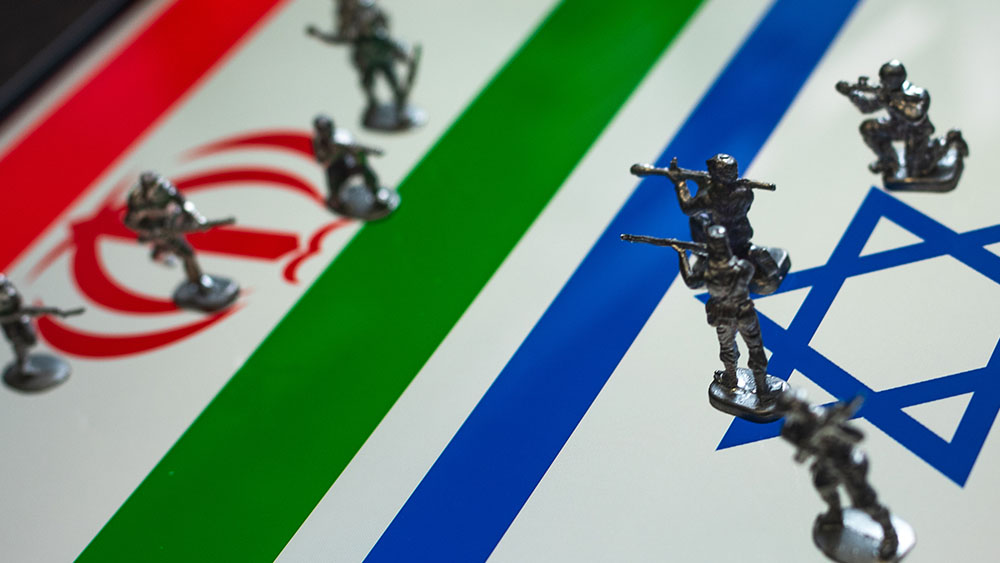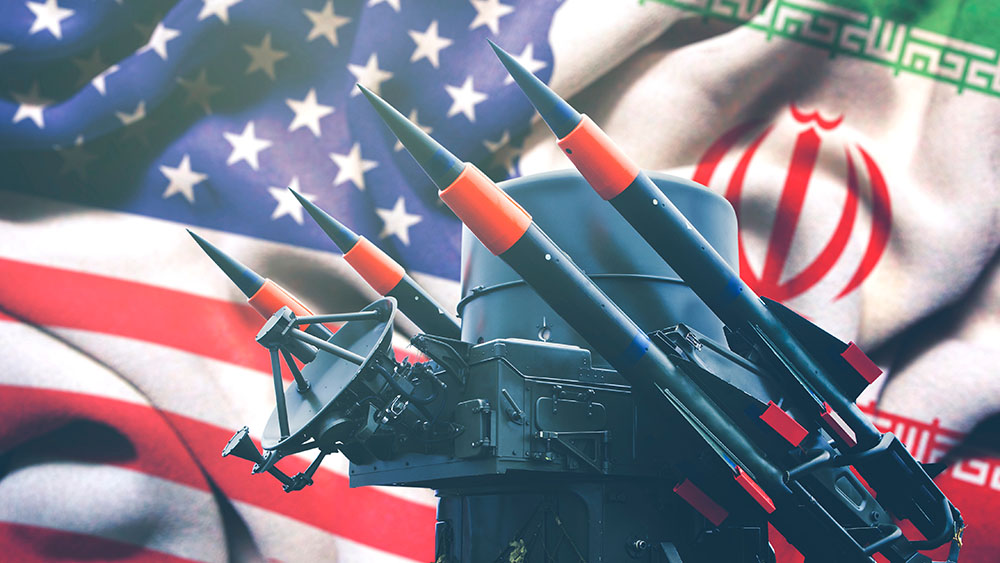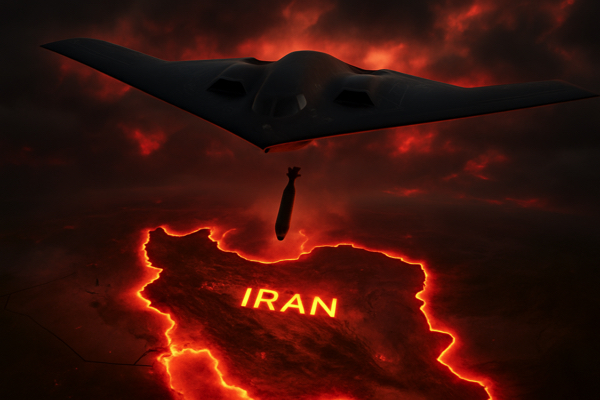 Parler
Parler Gab
Gab
- Israeli warplanes conducted unprecedented airstrikes on Iranian military and nuclear sites, aiming to prevent Iran from acquiring nuclear weapons. The operation resulted in the deaths of several high-ranking Iranian officials, including General Hossein Salami, commander-in-chief of the IRGC, and General Mohammad Bagheri, Iran's top military official.
- Among the casualties were General Amir Ali Hajizadeh, head of the Revolutionary Guard's Aerospace Force, and other high-ranking military and nuclear officials. Hajizadeh was known for his threats against Israel and was accused of orchestrating attacks on Israeli territory.
- The strikes have caused shockwaves in the region, prompting Iran to launch ballistic missiles at Israeli cities, including Tel Aviv. The United States, while not directly involved, endorsed Israel's actions as a necessary measure to prevent Iran's nuclear ambitions.
- Iran has suspended nuclear talks with Washington, potentially jeopardizing the future of the JCPOA.
- Pakistani Defense Minister Khawaja Asif urged Muslim nations to unite against Israel, arguing that failing to do so would invite further aggression. He called for the Organization of Islamic Cooperation to devise a strategy and sever diplomatic ties with Israel, highlighting the deep historical roots and complexities of the conflict.
Calls for Muslim unity to confront Israel
In the wake of the strikes, Pakistani Defense Minister Khawaja Asif called for unity among Muslim nations to confront Israel. Speaking in the National Assembly on Saturday, June 14, Asif argued that Israel "did not act alone" and had received "intelligence, cover and support." He warned that failing to act collectively would only encourage further attacks across the Middle East. "Just as Israel is currently targeting Yemen, Iran and Palestine, if the Muslim world does not unite today and continues to prioritize its own interests and agendas, then everyone's turn will come," Asif told lawmakers. Asif urged the Organization of Islamic Cooperation (OIC) to convene and devise a strategy to confront Israel. "Wherever there are diplomatic ties with Israel in the Muslim world, they should be severed," he said. The current conflict between Israel and Iran has deep historical roots. Tensions have been simmering since the 1979 Iranian Revolution, which saw the establishment of an Islamic republic in Iran and a shift in its stance towards Israel. The two nations have been on opposing sides of regional conflicts, with Iran supporting groups like Hezbollah and Hamas, while Israel has been a key ally of the United States. The 1980s saw a series of conflicts and proxy wars between the two nations, and the recent strikes are the latest in a long line of hostilities. The current situation is further complicated by the involvement of other regional powers, including Saudi Arabia and the United Arab Emirates, who have their own interests and alliances in the region. The Israeli strikes on Iran have heightened tensions and raised the specter of a broader conflict in the Middle East. As calls for unity among Muslim nations grow louder, the international community watches closely, hoping to avert a full-scale war. The situation remains fluid, with both sides likely to continue their military and diplomatic maneuvers in the coming days and weeks. Watch the video below that talks about Iran having enough uranium for atomic bombs. This video is from the Sanivan channel on Brighteon.com.More related stories:
Iran vows RETALIATION after Israeli strikes kill top military commanders. Trump issues ultimatum to Iran following Israeli strikes: "Make a deal or there will be nothing left." Israel and Jordan intercept Iranian drones amid escalating tensions.Sources include:
MSN.com RT.com Brighteon.comU.S. strikes Iranian nuclear sites: A major escalation in Middle East conflict
By Belle Carter // Share
Zelensky demands $40 BILLION annually to sustain Ukraine’s war against Russia
By Ramon Tomey // Share
Iran-Israel ceasefire: Mixed signals and unresolved tensions cloud a fragile peace
By Willow Tohi // Share
State Department: Trump believes a NEGOTIATED AGREEMENT can resolve Russia-Ukraine conflict
By Ramon Tomey // Share
Governments continue to obscure COVID-19 vaccine data amid rising concerns over excess deaths
By patricklewis // Share
Tech giant Microsoft backs EXTINCTION with its support of carbon capture programs
By ramontomeydw // Share
Germany to resume arms exports to Israel despite repeated ceasefire violations
By isabelle // Share









